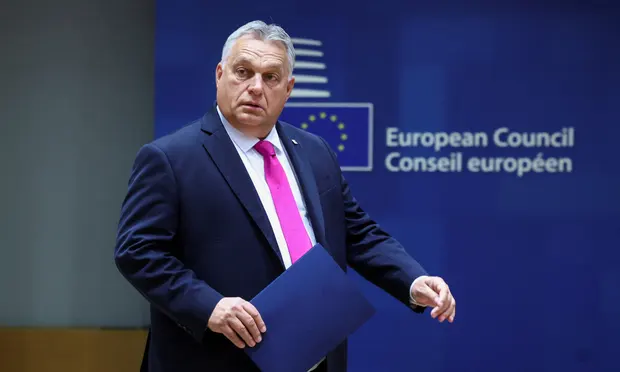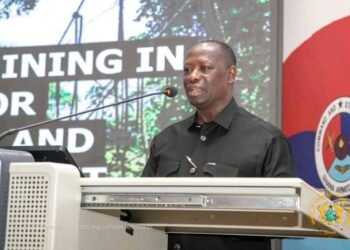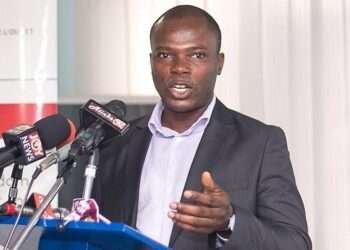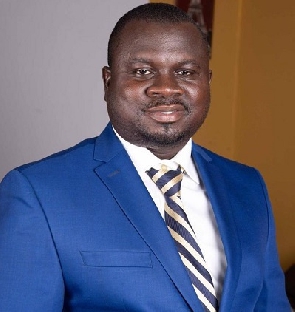Hungarian Prime Minister, Viktor Orban has blocked a €50bn EU aid package for Ukraine, following through on threats to block plans to channel crucial financial aid to Ukraine.
This came hours after EU leaders agreed to open membership talks with Ukraine.
For weeks, Orban had been promising to block the membership deal and the funding, which he claimed were not in the interests of Hungary or the EU.
In a post on X, Orban noted, “Summary of the nightshift: veto for the extra money to Ukraine.”
“We will come back to the issue next year in the EUCO after proper preparation.”
The EU leaders summit broke up as the Hungarian leader refused to approve funding to help Ukraine’s government over the next four years.
The EU’s other 26 leaders agreed to come back to the debate early next year to try to make an agreement on the desperately needed support for Kyiv.
“We still have some time, Ukraine is not out of money in the next few weeks,” Dutch Prime Minister Mark Rutte told reporters on leaving the talks.
Rutte added, “I am fairly confident we can get a deal early next year, we are thinking of late January.”
The blockage from Hungary, Russia’s closest ally in the EU, dealt a blow to Kyiv and its backers only hours after they had celebrated the bloc taking the step of agreeing to open membership talks.
Orbán had also opposed starting EU accession talks, but agreed to step out of the negotiating room to allow the other EU leaders to take a consensus decision without him.
He later denounced the agreement as “a completely senseless, irrational and wrong decision.”
However, the leaders were unable to overcome his resistance to the budget proposal.
On the financial aid package, Orbán had argued that Ukraine should not get such large amounts of money from the EU budget as it is not part of the bloc. Other leaders have assured Kyiv they could channel aid to Ukraine outside the EU budget if Hungary maintains its blockade.
The Hungarian leader has been accused of holding Kyiv’s survival hostage in a bid to force Brussels to release billions of euros of EU funds frozen over a rule of law dispute.
In what some people perceived as a last-minute concession, the European Commission, agreed on Wednesday to unblock €10bn of that cash.
Another €21bn still remains out of Orbán’s grasp, but he denied that Hungary was making a link between the cash and its Ukraine stance. “That’s not our style,” he said.
EU Leaders Agree To Open Ukraine Membership Talks
Hours before Hungary’s blockade, European Union leaders agreed to open membership talks with Kyiv.
European Council President Charles Michel, announced agreement on membership talks in a social media post.
He called it “a clear signal of hope for their people and for our continent.”
Ukrainian President, Volodymyr Zelenskyy welcomed the decision in a post on X, calling it a victory for Ukraine and a victory for all of Europe.
“A victory that motivates, inspires, and strengthens,” he stated.
European Commission Chief, Ursula von der Leyen noted that it was “a strategic decision and a day that will remain engraved in the history of our union.”
The EU also agreed to open talks with Moldova, and granted EU candidate status to Georgia.
Michel said that the bloc would also advance an EU bid by another hopeful; Bosnia and Herzegovina, once it reaches “the necessary degree of compliance” with criteria.
Ukraine launched its bid to become part of the EU after Moscow began its full-scale invasion in February 2022 and was officially named a candidate to join in June that year.
Moldova had applied at the same time as Ukraine.
In June 2022, the European Commission set Kyiv seven reform benchmarks to complete, including tackling corruption and curbing the power of its oligarchs, before talks should start.
Ukrainian Prime Minister Denis Shmygal said the EU’s decision showed that it “highly appreciated the reforms we have made in recent years and the implementation of all the recommendations of the European Commission.”
READ ALSO: Putin Reasserts Goals Of Russia’s “Special Operation” In Ukraine



















